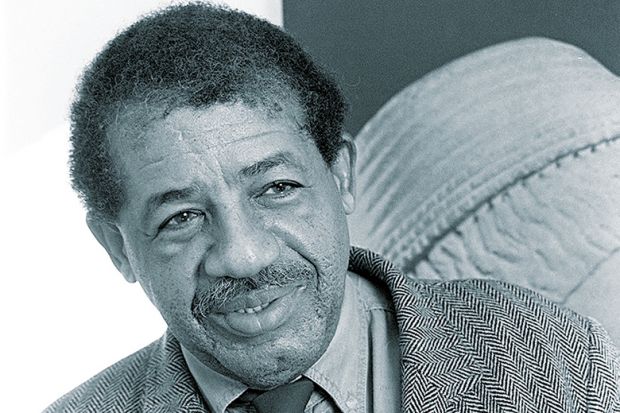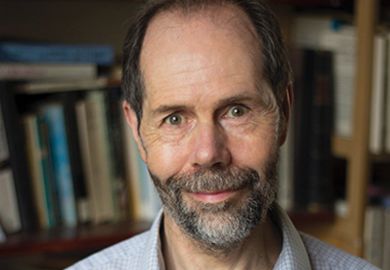A pioneering scholar of African and black American politics, notable for “telling the truth like it is”, has died.
Martin Kilson was born in 1931 in East Rutherford, New Jersey, into a family that could trace its descent from some of the founders of the first African Methodist Episcopal church. He grew up in Ambler and studied political science at Lincoln University (1953), both in Pennsylvania. He then began his long connection with Harvard University by securing a John Hay Whitney fellowship for a PhD (1959). He spent 18 months in Sierra Leone researching the transition from British colonial rule to independence, which fed into his books Political Change in a West African State: A Study of the Modernization Process in Sierra Leone (1966) and New States in the Modern World (1975). It also helped him develop an understanding of the links between power, politics and race, which he would later apply to the African American community in the US.
Returning to Harvard as a research associate in the Center for International Affairs, Professor Kilson served as faculty adviser for the new Harvard-Radcliffe Afro-American Students Association. Committed to the individualism seen most obviously in his trademark cowboy hat, he always urged black students to avoid the opposing dangers of “tribalism” and “complete absorption”.
Appointed lecturer in government in 1962, Professor Kilson was promoted to assistant professor in 1967 and then full professor in 1969, making him the first black academic at Harvard to achieve this rank. He would later hold the title of Frank G. Thompson professor of government, from 1988 until his retirement in 1999.
A crucial figure in developing African American studies at Harvard, Professor Kilson co-edited with Robert Rotberg The African Diaspora: Interpretive Essays (1976), the first published work to use the title phrase. Although theoretically long retired, he delivered Harvard’s annual 2010 W. E. B. Du Bois lecture, named after one of his key intellectual influences. The lecture formed the basis for his 2014 book, Transformation of the African American Intelligentsia, 1800-2012, which won the 2015 American Book Award.
For Professor Rotberg, president emeritus of the World Peace Foundation (affiliated with Tufts University), who had known Professor Kilson since they were Harvard colleagues in the 1960s, “his legacy consists of thinking openly and honestly about African matters, African American matters, and telling the truth like it is…His publications are important even today, especially his writings on Sierra Leone and Ghana.”
Professor Kilson died of congestive heart failure on 24 April and is survived by his wife, Marion Dusser de Barenne Kilson, a son, two daughters, six grandchildren and one great-grandchild.
Register to continue
Why register?
- Registration is free and only takes a moment
- Once registered, you can read 3 articles a month
- Sign up for our newsletter
Subscribe
Or subscribe for unlimited access to:
- Unlimited access to news, views, insights & reviews
- Digital editions
- Digital access to THE’s university and college rankings analysis
Already registered or a current subscriber?







